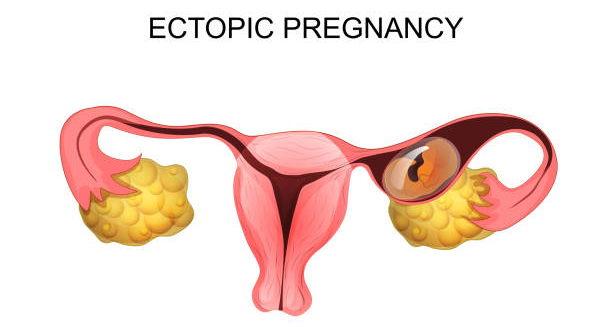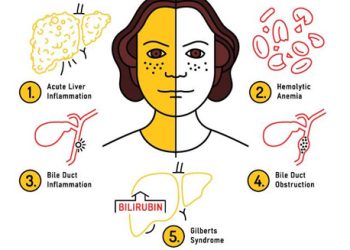Ectopic Pregnancy
Ectopic pregnancy occurs when a fertilised egg implants outside the uterus, most commonly in one of the fallopian tubes. This type of pregnancy cannot proceed normally and poses a serious health risk. This is a medical emergency that requires prompt diagnosis and treatment to prevent life-threatening complications.
In a typical pregnancy, the fertilised egg travels from the ovary through the fallopian tube and into the uterus. Where it implants and grows. In an ectopic pregnancy, this journey is interrupted. The embryo implants in the wrong location—most often in the fallopian tube, but sometimes in the ovary, cervix, or abdominal cavity.
Because these areas are not designed to support a growing embryo, the pregnancy cannot continue. As the embryo grows, it can cause the tube to rupture, leading to internal bleeding, shock, and even death if not treated immediately. Ectopic pregnancies account for 1–2% of all pregnancies. However, they cause a disproportionately high number of maternal deaths in the first trimester.
Ectopic Pregnancy
In South Africa, where access to emergency care may be limited in rural or under-resourced areas, early recognition of the condition is vital. Education and access to antenatal care can help reduce the risk of serious outcomes.
Early symptoms may mimic those of a normal pregnancy, including missed periods, nausea, and breast tenderness. However, as the pregnancy progresses, warning signs such as sharp pelvic pain, vaginal bleeding, and dizziness often appear. Any woman of reproductive age presenting with these symptoms should be assessed for this type of pregnancy as a priority.
Understanding ectopic pregnancy is key to saving lives. With timely medical care, it is possible to treat the condition and preserve future fertility in many cases.
[Next: Causes of Ectopic Pregnancy →]


